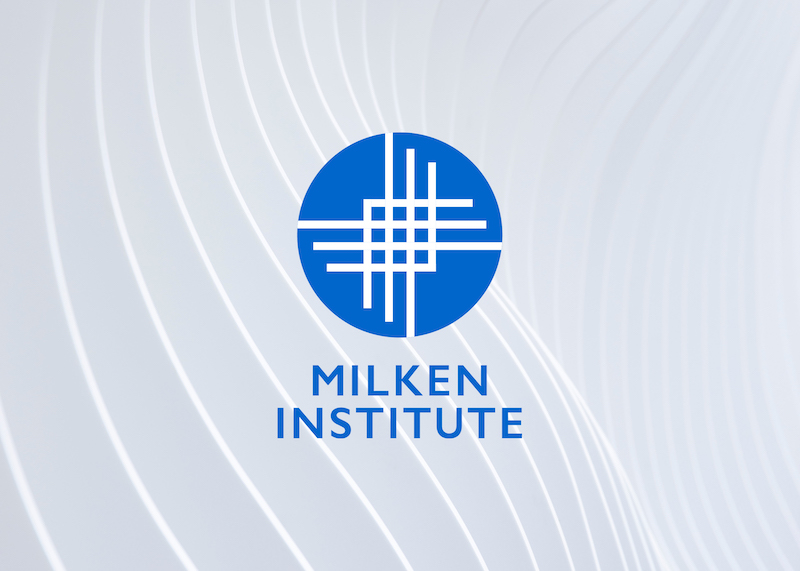 article
article
Will Asia Play a Central Role in Sustainable Agrifood Biotech?
 article
article
Reaching for Resilience in a More Uncertain Investment Environment
 article
article
 article
article
 article
article
 article
article